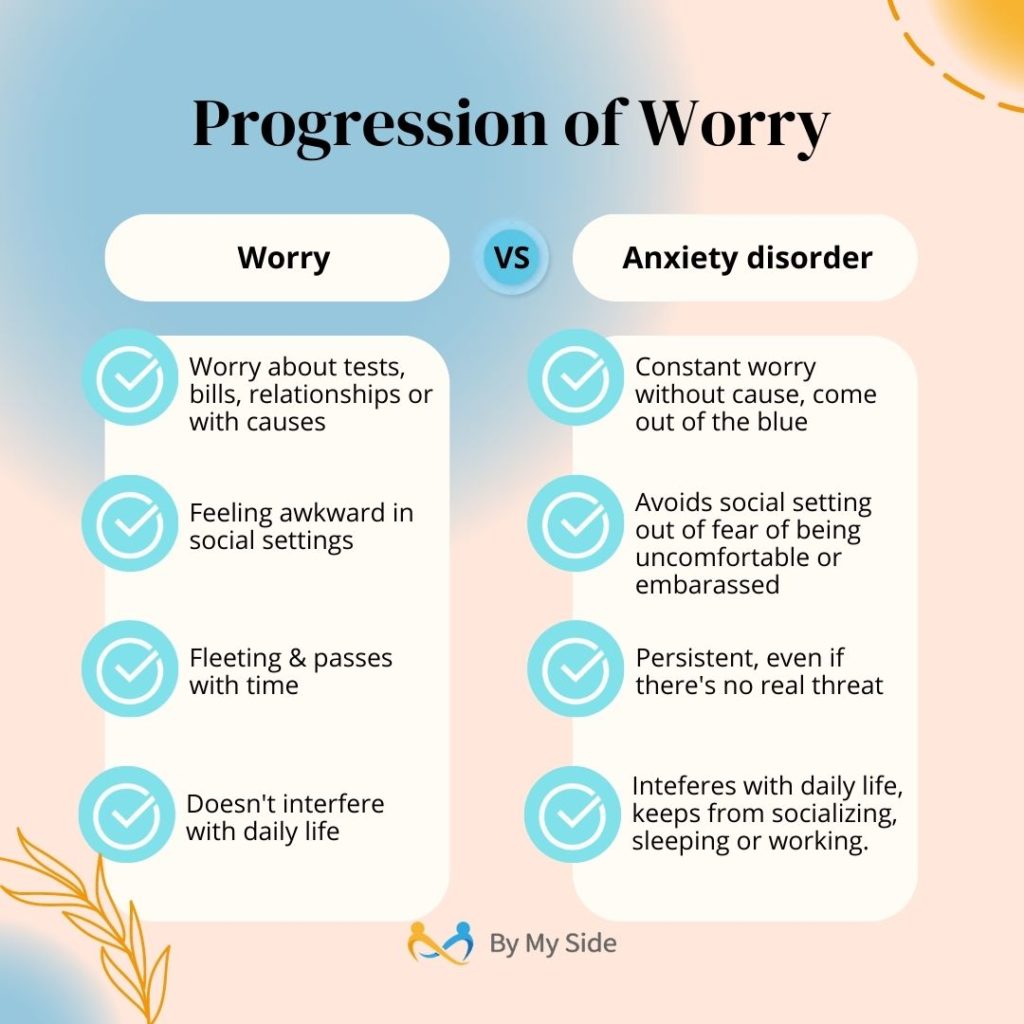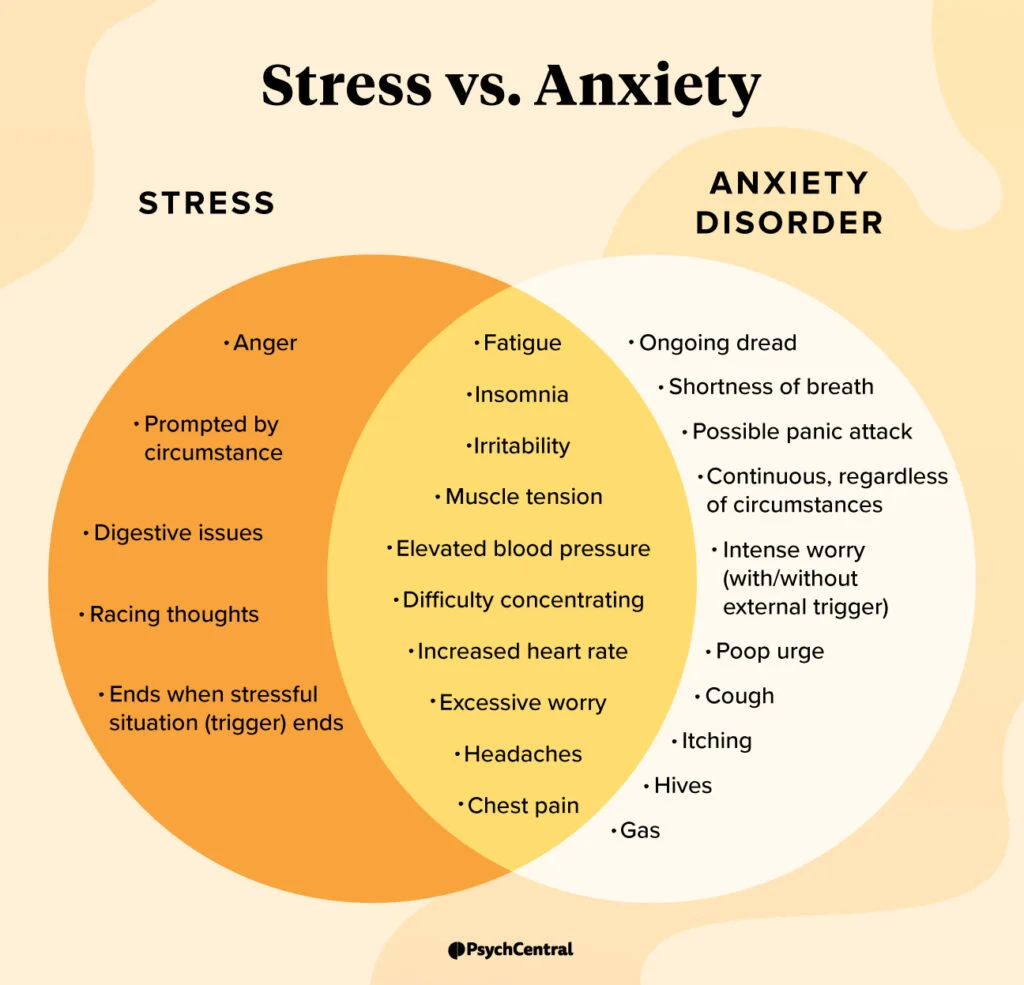Everyone who’s ever been alive has at some point been familiar with worry. Say your outdoor cat hasn’t been home in a few days or your partner tells you this.
“We need to talk.”
Hearing that, the feeling that bubbles up in your chest – the one that’s too cerebral to be nervousness and too rational to be anxiety–is worry, and, in the right situations, it makes sense.
Worry is a lesser form of fear that arises when we’re in situations where the outcome is uncertain.
Oftentimes it keeps us aware of potential dangers, which in turn keeps us safe; all of our fear-based emotions were originally intended for that purpose, because we’re more likely to survive in a situation if we’re aided by fear and adrenaline.

Worry is usually (fairly) logical because it is our emotional response to something that’s risky or uncertain. Anxiety can act like worry at times and be helpful for similar reasons, but chronic anxiety is less convenient; it’s more likely to be the product of a consistently stressful situation, like being a NICU nurse, or a physiological or biological malfunction such as an overactive amygdala.
When anxiety becomes chronic, which can occur naturally or over time, it stops being helpful and stars being cumbersome.
Here’s an example: while it makes sense to worry about school on a day when you have a hard test, and this nervousness is likely to convince you to study and therefore get a better grade, it doesn’t make sense to worry about school every day, all the time, for no reason.
Given the nature of this kind of anxiety, it isn’t likely to be beneficial to us; we can’t fix a problem if there isn’t one to fix. This is why chronic anxiety can feel so stressful–unless it’s situational, the fear won’t stop when the test is over or our cat comes back, so it will fester and build over time. In cases like this, anxiety is much more of a hindrance than a help, and it can take a toll on our emotional stability.
Another determining factor in the anxiety vs. worry debate is that serious anxiety tends to be much more physical than worry. Symptoms like sweating, shaking, nausea, and tachycardia are all too familiar to people with anxiety, and over time these psychosomatic symptoms can become one large lump of constant discomfort.
In particular circumstances, this anxiety can even evolve into episodes of intense panic, and the sufferer’s chronic discomfort might even become preferable to the more ephemeral fear that characterizes their panic attacks.

Illustration by Bailey Mariner @ PsychCentral
There’s a wide swath of treatments for anxiety out there; medical treatment is often based on what the issue is thought to stem from. If you feel anxious all the time for no reason, you’ll likely be prescribed a medication to combat what’s viewed as faulty biology; if only certain situations makes you anxious, you’ll be better suited for cognitive therapy where you can learn to conquer the anxious thoughts in your brain.
If it’s not quite that serious yet, there’s also a myriad of other options to help you relax or face your fear head-on, which we’ll outline at length next time.
Author: Rose McCoy